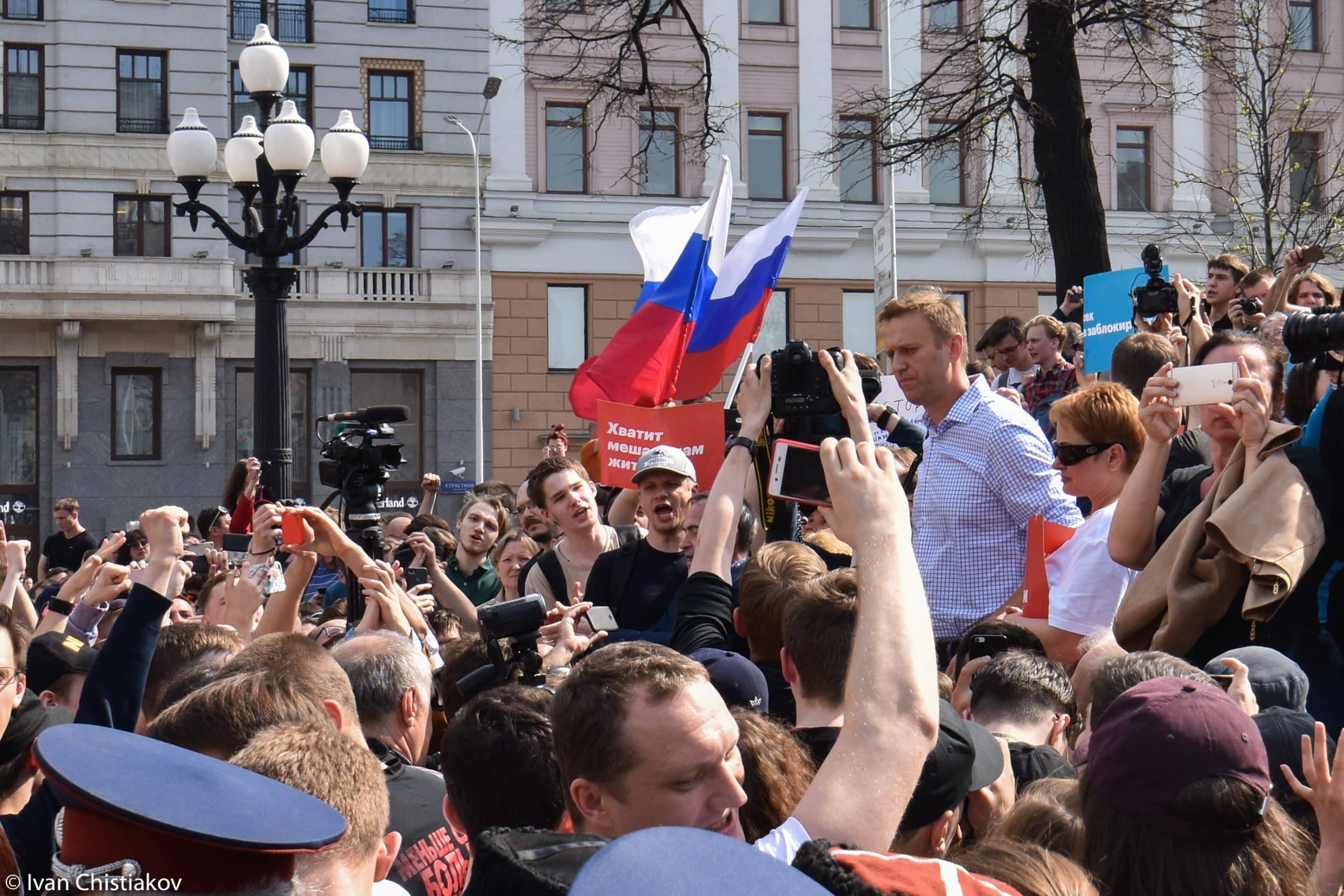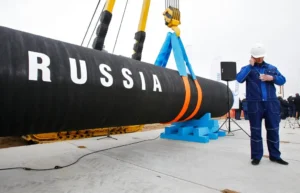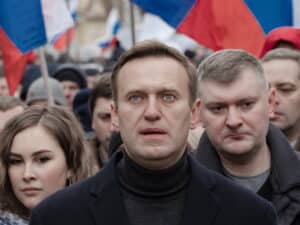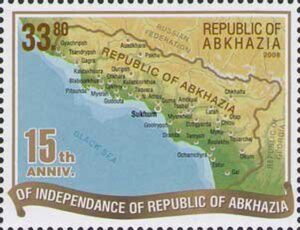On the 13th of September, regional elections for governors as well as elections for federal, regional and municipal legislators in 41 out of 85 regions took place in Russia. A total of 9701 campaigns took place, including State Duma elections in four districts, elections of 18 regional heads (governors), 11 regional parliaments and 22 city councils in administrative centers. Nearly 35 million people were eligible to vote. This was the first major electoral campaign in Russia after the passing of the constitutional amendments in June, which includes a clause that allows Putin to stay in power until 2036.
The results
Voting was spread across three days to curb COVID-19 infections, although the opposition argues that this extra time was added to make it easier to influence the results. Candidates from ‘United Russia,’ Putin’s party, were elected governor in most of the regions where elections took place and many claimed sweeping victories. However, opposition leader Navalny managed to make small strides as well. In Novosibirsk, Russia’s third city by population, United Russia dropped to 22 seats out of 50, whereas before it had 33. 9 independent candidates and 5 of Navalny’s allies won there. In the student town of Tomsk, two Navalny supporters won seats. Navalny’s opposition had been urging Russians to vote tactically against United Russia, uniting all anti-Putin voters behind the same candidate. Not all candidates Navalny’s team endorsed were part of Navalny’s party, but often part of the communist party or a member of a nationalist party.
Overshadowed by poisoning, protests and irregularities
The election was overshadowed by the poisoning of Navalny, who fell ill and ended up in a coma on August 20th. Navalny remains in a German hospital currently. His team alleges that he was poisoned on the orders of Putin, although Putin denies any involvement. Although Navalny has been unable to campaign since he was poisoned, his team has still lauded their campaign as a success.
In addition to Navalny’s poisoning, protests in Khabarovsk, a far-east region in Russia, has shown growing anti-Putin sentiment. Protests have been going on since July, when the popular governor of the region was arrested.
Golos, an independent election-monitoring group, warned ahead of the elections for election fraud. By Monday September 14th, Golos had reported more than 1690 violations, ranging from observers being obstructed by officials to reports of ballot-stuffing. Several pro-government candidates won with landslide victories, leading critics to claim such results could only have been achieved by tampering with the votes.
What does this election represent?
Although the victories for the opposition were relatively small and city council elections are not where political change usually happens in Russia, the opposition is still content with the seats they were able to gain. The victories show that support for the opposition goes beyond the bigger cities, who tend to be more liberal. However, despite growing opposition, United Russia remains the largest party and holds majorities in elected offices across the country. It is now up to Navalny’s team to continue their opposition campaign to next year’s parliamentary vote.
Sources:
MT, Guardian, RFERL, BBC, Bunbury, RFERL 2, Politico
Photo: Flickr



